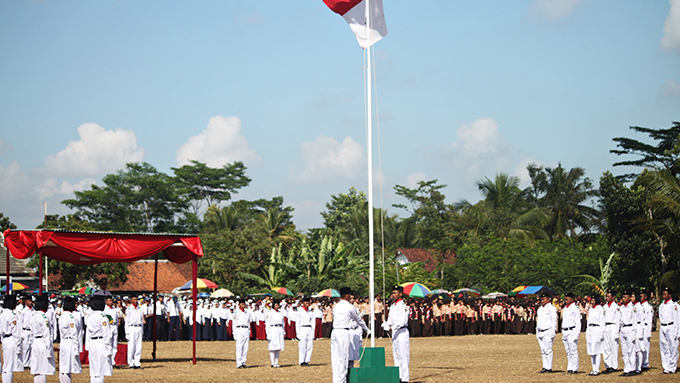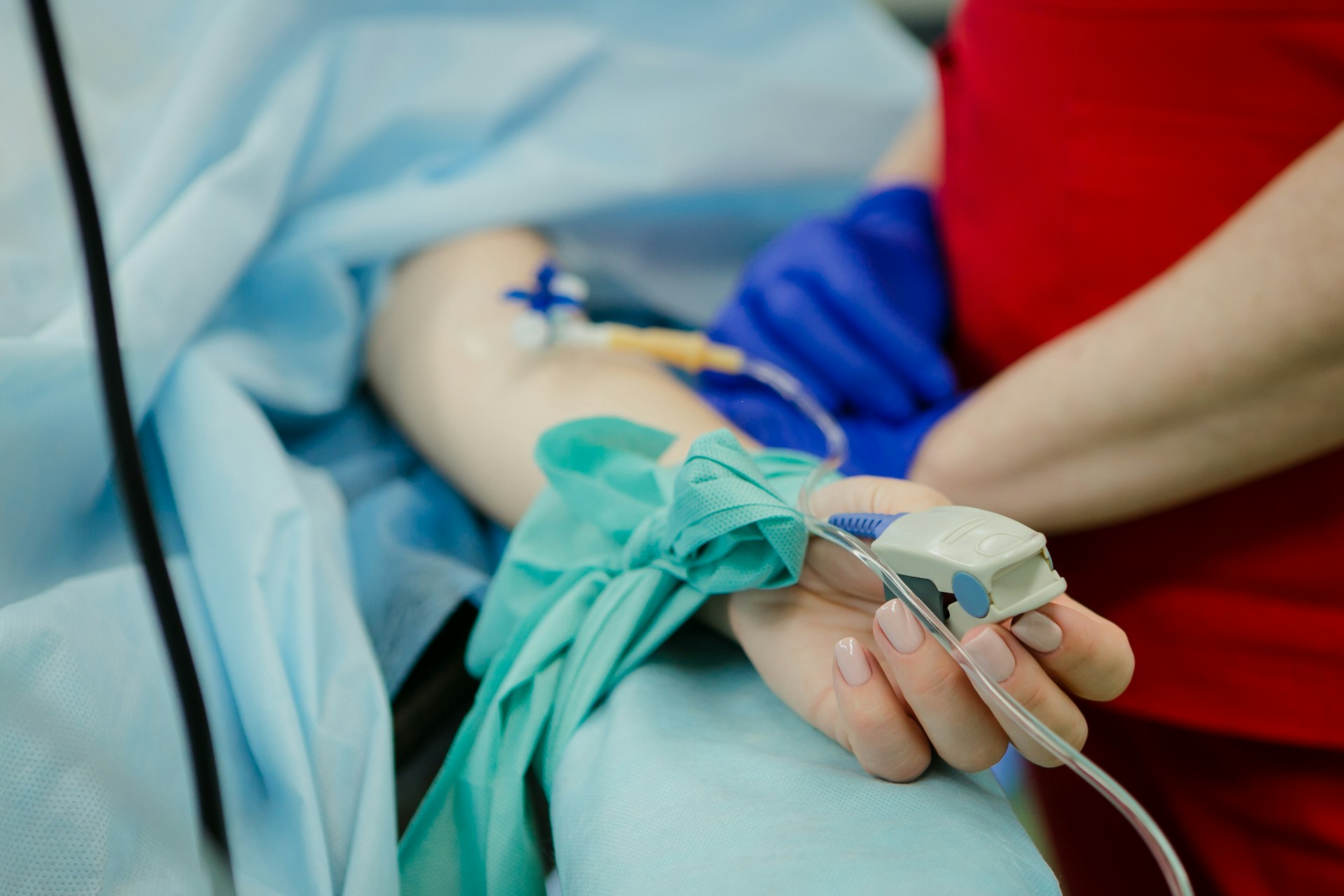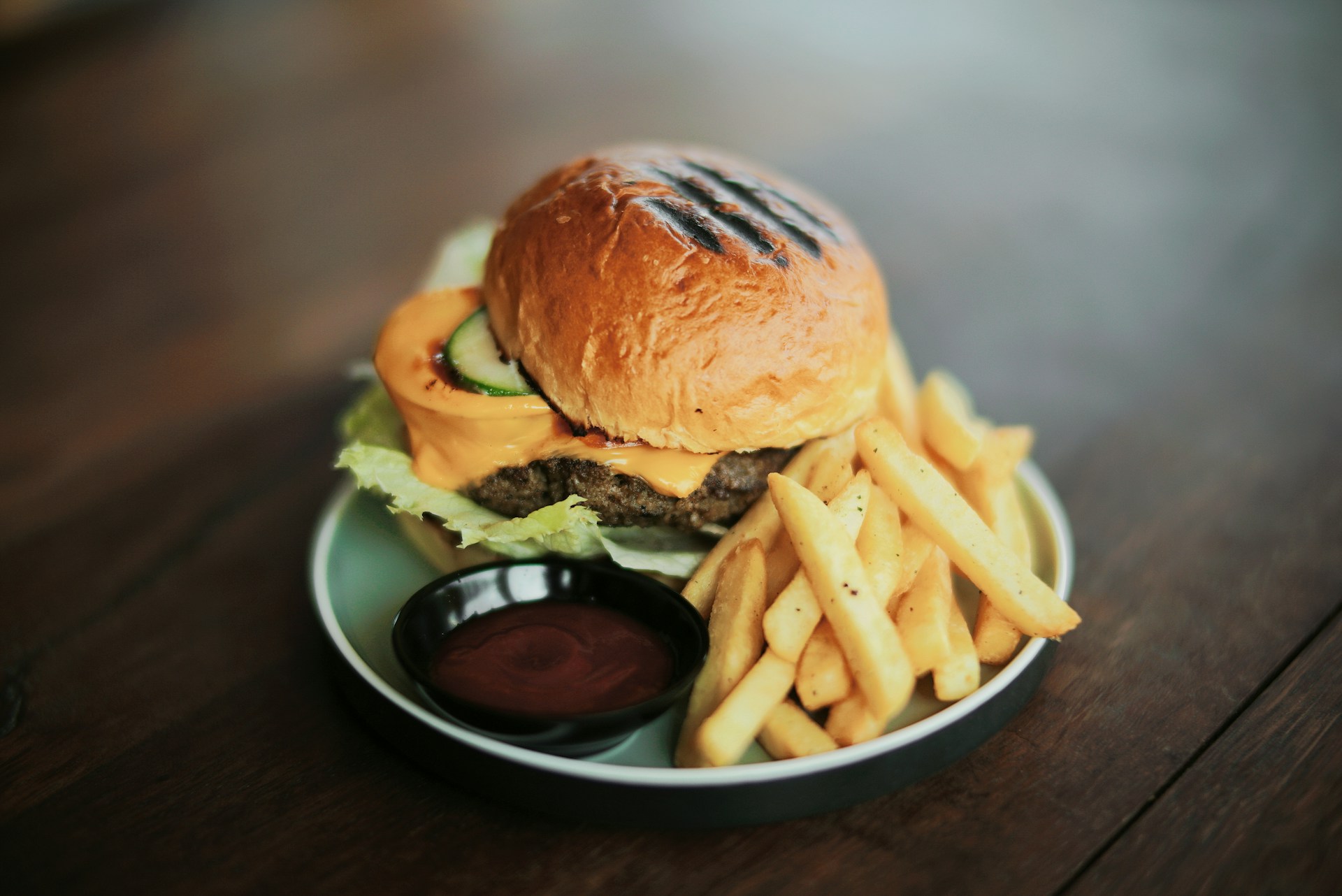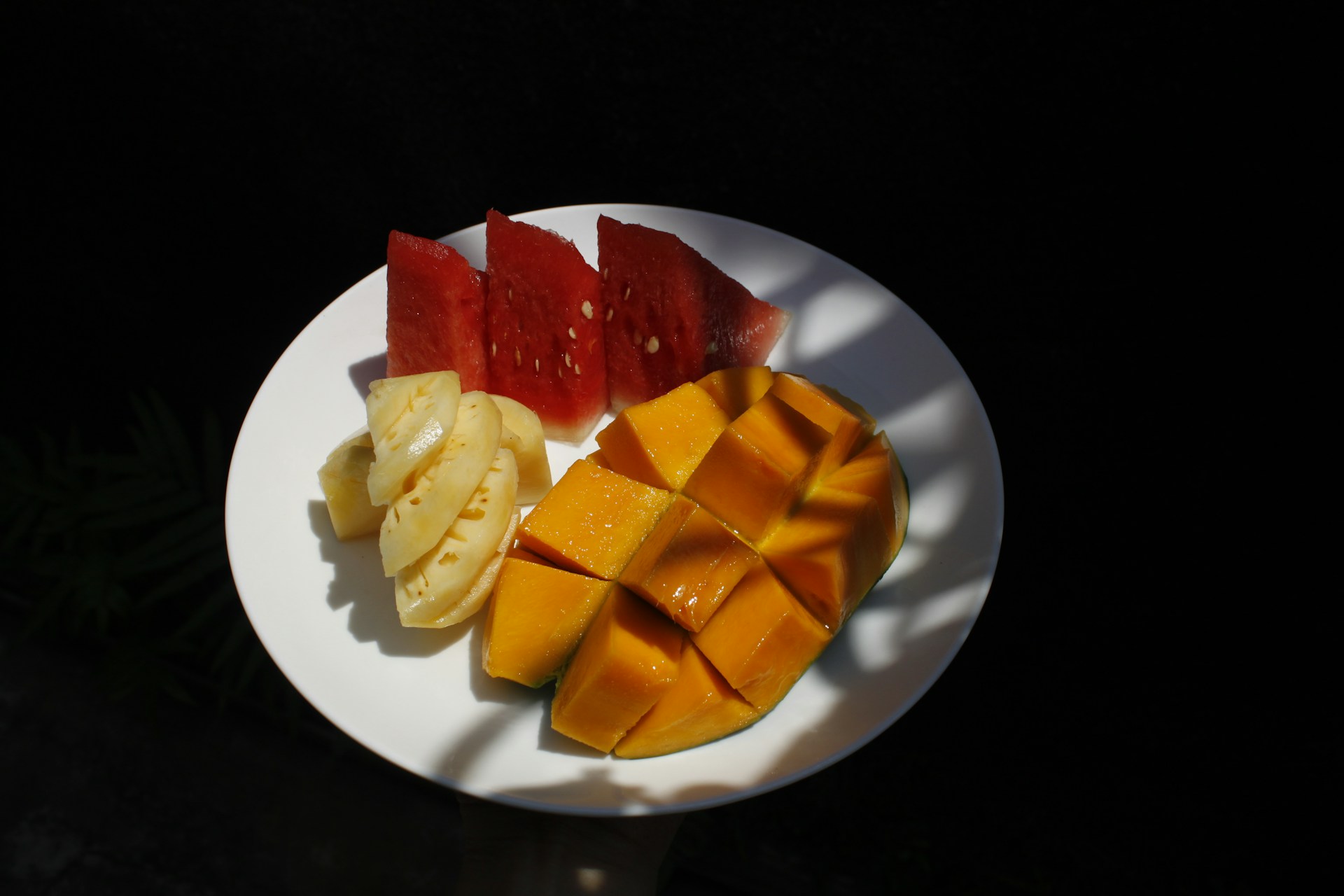The Relationship of Food Consumption Level and Physical Activities towards the Nutritional Status of Paskibraka Extracurricular Members
Hubungan Tingkat Konsumsi Makan dan Aktivitas Fisik dengan Status Gizi Anggota Ekstrakurikuler Paskibraka

Downloads
Background: The Republic of Indonesia has a flag-hoisting team at the independence ceremony known as Paskibraka. Good nutritional status is one of the conditions for becoming a Paskibraka. Food consumption level and physical activity are factors that affect nutritional status.
Objectives: This research aimed to determine the relationship between food consumption level and physical activity towards the nutritional status of students taking Paskibraka Extracurricular at SMAN 1 Bangkalan.
Methods: This research used quantitative correlational research using a cross-sectional approach. The total sampling method was used to select 56 samples from students joining Paskibraka extracurriculars aged 15-16. While the independent variables included food consumption levels and physical activity, the dependent variable was nutritional status. The instruments were the respondent identity questionnaire, SQ-FFQ (Semiquantitative Food Frequency Questionnaire), and GPAQ (Global Physical Activity Questionnaire). The data were analyzed using Spearman's rank correlation.
Results: This research found that students' food consumption levels were normal (energy=76.8%, protein=58.9%, fat=73.21%, carbohydrates=69.64%). It also revealed that 75% had moderate physical activity and 89.29% had good nutritional status. Food consumption levels (energy p=0.011, fat p=0.024, and carbohydrates p=0.003) correlated with nutritional status, but protein consumption levels (p=0.141) and physical activity (p=0.626) did not correlate with it.
Conclusions: Food consumption levels (energy, fats, and carbohydrates) correlated with nutritional status, but protein consumption and physical activity did not. A Paskibraka extracurricular student must pay attention to their daily food consumption and physical activity to have a good nutritional status.
Kemenpora. Peraturan Menteri Pemuda dan Olahraga Republik Indonesia Nomor 14 Tahun 2017 Tentang Perubahan Atas Peraturan Menteri Pemuda dan Olahraga Nomor 0065 Tahun 2015 Tentang Penyelenggaraan Kegiatan Pasukan Pengibar Bendera Pusaka. 16 https://jdihn.go.id/files/205/2017permenpora014.pdf (2017). (Akses : 1 Maret 2022)
Sumsel Update. Paskibraka Sumsel Dilarang Konsumsi Pedas dan Berminyak. https://sumselupdate.com/Paskibraka-sumsel-dilarang-konsumsi-pedas-dan-berminyak/ (2020). (Akses : 8 Januari 2022)
Ministry of Health of Indonesia. Mengenal Jenis Aktivitas Fisik. https://promkes.kemkes.go.id/content/?p=8807 (2018). (Akses : 3 Maret 2022)
Alodokter. Inilah Dampak Kekurangan Protein dalam Tubuh. https://www.alodokter.com/mengenal-protein-dan-dampak-kekurangan-protein-bagi-tubuh (2019). (Akses : 2 Desember 2022)
Almatsier, S. Prinsip Ilmu Gizi Dasar. PT Gramedia Pustaka Utama, Jakarta (2016).
Hardiansyah & Supariasah, I. D. Ilmu Gizi Teori dan Aplikasi. Gizi Bayi dan Balita (2017).
Rokhmah, F., Muniroh, L. & Nindya, T. S. Status Gizi SMA di Pondok Pesantren Al-Izzah Kota Batu. Media Gizi Indonesia 11, (2016).
Reppi, B., Kapantow, N. H. & Punuh, M. I. Hubungan Antara Asupan Energi dengan Status Gizi Siswi SMA Negeri 4 Manado. Media Kesehatan 1–7 (2015).
Sutrio. Hubungan Asupan Energi, Pengetahuan Gizi dan Aktivitas Fisik terhadap Status Gizi Siswa Sekolah Menengah Atas Global Madani Kota Bandar Lampung tahun 2016. Jurnal Kesehatan Holistik 11, (2017).
Fitriani, R. Hubungan Antara Pengetahuan Gizi Seimbang, Citra Tubuh, Tingkat Kecukupan Energi dan Zat Gizi Makro dengan Status Gizi pada Siswa SMA Negeri 86 Jakarta. Journal Health & Science: Gorontalo Journal Health and Science Community 4, (2020).
Irdiana, W. & Nindya, T. S. Hubungan Kebiasaan Sarapan dan Asupan Zat Gizi dengan Status Gizi Siswi SMAN 3 Surabaya. Amerta Nutrition 1, (2017).
Setia, A., Adi, A. A. M. & Boro, R. M. Hubungan Asupan Zat Gizi Makro Dan Atifitas Fisik dengan Status Gizi Siswa SMAN Keberbakatan Olahraga Flobamorata Kupang. Prosiding Semnas Kesehatan Lingkungan dan Penyakit Tropis (2019).
Khoerunisa, D. & Istianah, I. Hubungan Asupan Zat Gizi Makro dan Aktivitas Fisik dengan Status Gizi pada Remaja. Jurnal Pangan Kesehatan Dan Gizi 2, (2021).
Safita, N. A. Pesantren Al Muttaqien Pancasila Hubungan antara Tingkat Konsumsi Energi, Protein, Lemak, dan Karbohidrat dengan Status Gizi di Madrasah Tsanawiyah PondokSakti Klaten. Program Studi Ilmu Gizi Fakultas Kesehatan Masyarakat Universitas Muhammadiyah Surakarta (2019).
Parinduri, M. S. & Safitri, D. E. Asupan Karbohidrat dan Protein Berhubungan dengan Status Gizi Anak Sekolah di Syafana Islamic School Primary, Tangerang Selatan Tahun 2017. ARGIPA (Arsip Gizi dan Pangan) 3, (2018).
Saint, H. O. & Ernawati. Hubungan Aktivitas Fisik dengan Status Gizi pada Siswa X dan XII IPA SMAN 7 Surakarta Periode 2017 / 2018. Tarumanagara Medical Juornal 2, (2019).
Noviyanti, R. D. & Marfuah, D. Hubungan Pengetahuan Gizi, Aktivitas Fisk, dan Pola Makan terhadap Status Gizi Remaja di Kelurahan Purwosari Laweyan Surakarta. University Research Colloquium (2017).
Copyright (c) 2023 Amerta Nutrition

This work is licensed under a Creative Commons Attribution-ShareAlike 4.0 International License.
AMERTA NUTR by Unair is licensed under a Creative Commons Attribution-ShareAlike 4.0 International License.
1. The journal allows the author to hold the copyright of the article without restrictions.
2. The journal allows the author(s) to retain publishing rights without restrictions
3. The legal formal aspect of journal publication accessibility refers to Creative Commons Attribution Share-Alike (CC BY-SA).
4. The Creative Commons Attribution Share-Alike (CC BY-SA) license allows re-distribution and re-use of a licensed work on the conditions that the creator is appropriately credited and that any derivative work is made available under "the same, similar or a compatible license”. Other than the conditions mentioned above, the editorial board is not responsible for copyright violation.












































